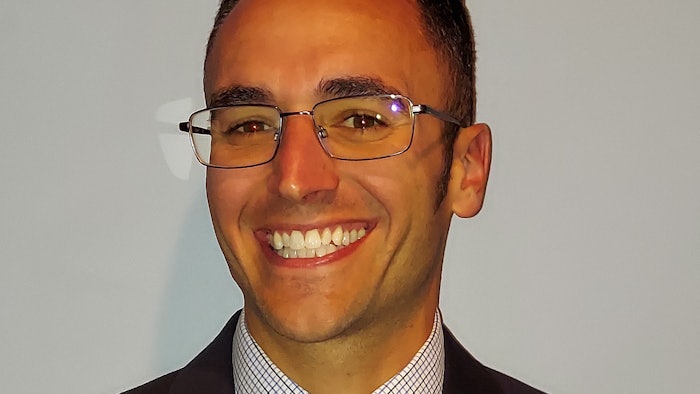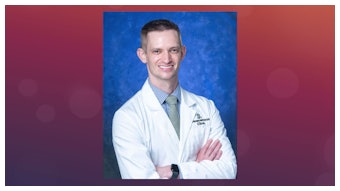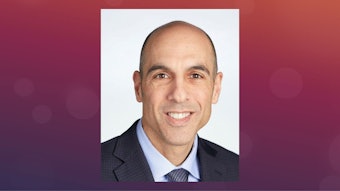Rate or rhythm: Aiming for the best outcomes in Afib
As the movement from rate control to rhythm control continues, hospitalists need a protocol for applying the new approach in their practice.

In medicine, even well-understood and widely adopted care strategies must be re-examined over time. Pharmaceuticals advance and researchers learn more with each study on a given topic. When studies show evidence that suggests a change in treatment strategy may be warranted, but the change is incremental or only slightly different, it can be difficult for hospitalists to understand how to put the new evidence into practice.
Atrial fibrillation (Afib) is a good example. For the last 20 years, hospitalists have looked to rate control in caring for patients and with good reason. Several big studies showed that rate control was the treatment approach that led to the best outcomes, with patients experiencing fewer cardiovascular events such as heart failure, heart attack, or stroke. More recent studies indicate that rhythm control may be a better treatment approach.
Each year, more than 400,000 patients with Afib are hospitalized. It is the most common arrhythmia and treating it is expensive, largely due to the fact so many people with Afib are hospitalized. Hospitalists need a simplified process for treating those patients. Early Rhythm-Control Therapy in Patients With Atrial Fibrillation, (EAST AFNET 4), a landmark paper suggesting that rhythm control may be the more appropriate treatment for some patients, was published in the New England Journal of Medicine in 2020 — a moment in time when most people were focused on the growing COVID-19 pandemic.
“We’re a few years into the movement toward rhythm control,” said Joseph Sweigart, MD, SFHM, FACP, a hospitalist at Georgetown Community Hospital in Georgetown, Kentucky, “and it’s gaining momentum.” The work was done years before publication, though the disruption of COVID-19 slowed the process of how new evidence can be put into practice. “It takes time for things in scientific literature to be put into practice. That’s where we are in the evolution,” noted Dr. Sweigart.
Dr. Sweigart said that evolution — and the next steps it might take — will be part of the discussion in “The Rhythm Is Off: Atrial Fibrillation Updates,” taking place Wednesday at 12:30 p.m. in Ballroom A.
The EAST-AFNET 4 study was designed to find out if early rhythm-control therapy, including ablation, would produce better outcomes than the current usual care. The results concluded that rhythm-control therapy in patients with early Afib and concomitant cardiovascular conditions had a lower risk of death, stroke, or hospitalization due to cardiovascular events in the following five years than those who received usual care.
A follow-up study, Early Rhythm Control in Patients With Atrial Fibrillation and High Comorbidity Burden, published in the journal Circulation, applied prespecified subanalyses of EAST-AFNET 4, and found “early rhythm control therapy reduces a composite of cardiovascular death, stroke, or hospitalization for heart failure or acute coronary syndrome in patients with recently diagnosed Afib and a high comorbidity burden,” but that patients with fewer comorbidities did not experience better outcomes with early rhythm control compared to usual care.
The question of whether rate-control or rhythm-control is more appropriate in a given case is complex, but the evidence is slowly moving the needle toward rhythm control. This session will detail both the recent evidence and discuss antiarrhythmic medications ideal for use in various clinical scenarios to help attendees become more familiar with the drugs likely to be encountered in practice.
“Hospitalists manage patients with Afib on the frontline," Dr. Sweigart said. “And the goal is to simplify the process.”
Visit SHM Meeting News Central for more coverage.











